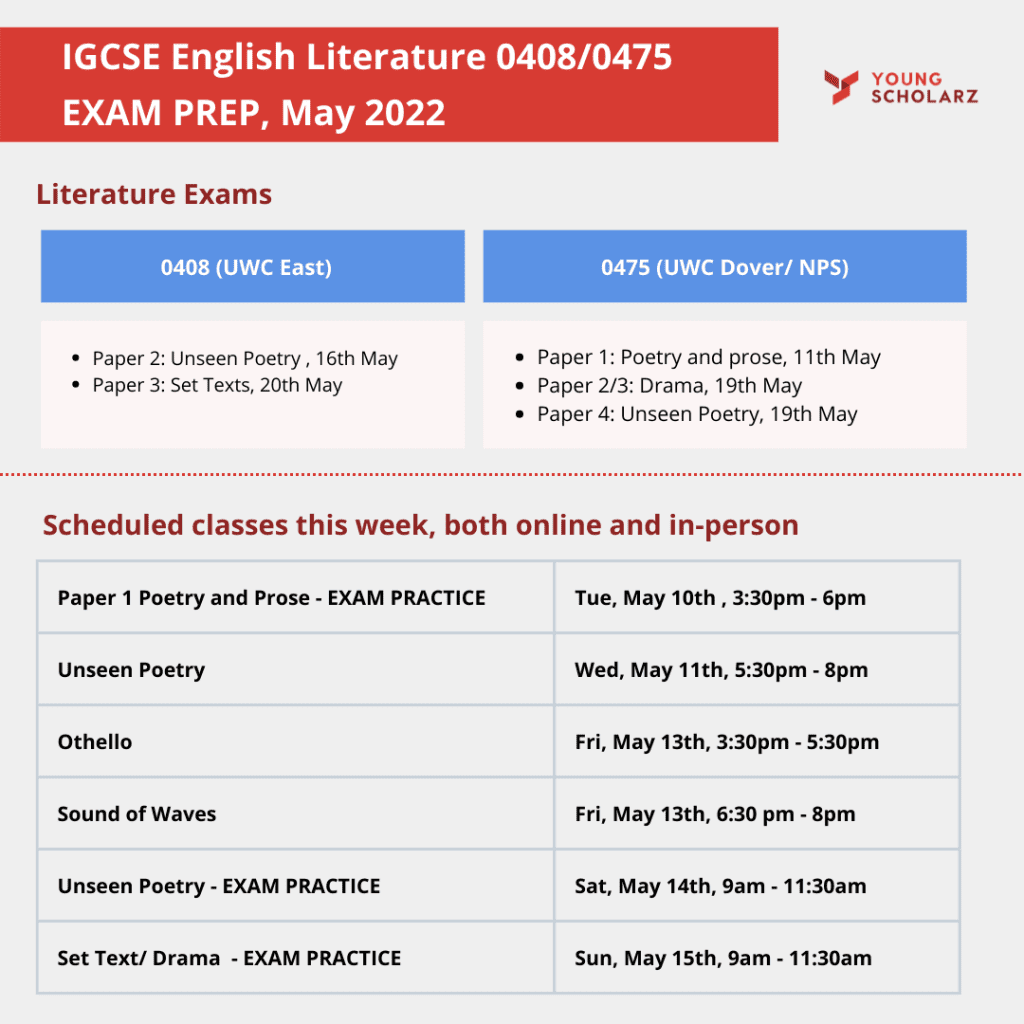We’re not telling you to change your profession. We’re not even telling you to get the highest-paying job – this blog post isn’t about that. What we’re doing here is helping you reach a conclusion and decide on the right degree. This could lead to the right job that you would potentially be satisfied with. Be it a programmer or a highly sought-after nurse, many jobs are quickly gaining recognition for their high demand. We have compiled a few careers in 2024 that would give some insight into these occupations and make things just a tad bit easier for you to conclude.
1. Artificial Intelligence
We depend on AI for every single task of our lives. From having a digital assistant check our schedules for us to remind us about a movie that we’ve just paid for in the theatre! According to the Emerging Jobs Report by LinkedIn, the hiring growth for AI jobs has increased by 74% in the past four years. Being a part of many other industries, AI forms the skeleton of various fields and increases employability as well as demand.
In case you’re still dabbling, the Bureau of Labor Statistics has predicted a 31.4% increase in jobs, by 2030, for data scientists and mathematical science professionals, which are both crucial to AI. With the inclusion of subfields such as computer vision, it has incorporated machine learning, which teaches machines to improve and hone skills on their own! Machine learning jobs to have an equally promising growth in the next couple of years.
AI has a favorable future as it helps aid in various fields with its life-changing technology, ranging from medical uses like diagnosing diseases to transportation in the form of self-driving vehicles. Not only does it pay well, but it’s also future-oriented due to its cutting-edge, forward-thinking advancements.
2. Product Management
From delivery to post-sales management, the role of a product manager is one of those small pieces of a puzzle that aren’t often noticed, but just as important. Often called the mini-CEOs, product managers are responsible for the launch and updating of product features.
Unlike other subjective job positions like a software engineer, a product manager’s job is not stated as constant with defined boundaries. This is particularly due to a variety of responsibilities from the industry sector, and businesses, to the product line itself. Each product manager may not have the same responsibilities, but the commonality is the primary function – drive in the introduction, development, and marketing of the products, along with the responsibility for the same.
The intensity of responsibility varies from small scale to large scale, where the product manager has to build from scratch in the former, devising the entire business workflow afresh. With great power comes great responsibility, and also greater pay. If wearing multiple hats in the field excites you, then you could consider a career in this direction.
3. Nursing/Healthcare
For years, there’s been a significant decline in the number of skilled nurses. And the pandemic has made it even worse. The COVID-19 pandemic has not only affected the patients who survived or succumbed to it but has also put a toll on the physical and mental health of the front-line workers.
Due to this, around one-third are thinking about leaving the profession. This shortage is what causes an increased demand for skilled healthcare workers. By 2027, the demand will increase to at least 500,000 more registered nurses.
To apply for this job, a bachelor of science degree or an associate’s degree in nursing is essential. You’d also need to pass a licensing exam to be a Registered Nurse (RN). If traveling is one of your hobbies, you can even become a travel nurse with lush pay (6 figures) and signing bonuses.
4. Information Technology
We all know the success and popularity of this field, one that continues to grow. What’s changed recently is the increase in remote work and smartphone development, exacerbating the demand for software and app developers.
Previously, this field required a bachelor of science degree, but in this new age of crash courses and time-sensitive courses, companies have begun to recruit people who have learned to code online.
So, if you’re leaning towards a career in technology, and have taken up STEM subjects, then consider taking coding classes. The Occupational Outlook Handbook predicts that the software development field will grow by 22% by the end of the decade. This converts to roughly 300,000 new jobs with an estimated 6-figure salary. If you’re introverted, this job may just be the perfect choice for you.
5. Robotics Engineer
We all know what a robot is, but what does it mean? Fun fact: robot comes from the Czech word ‘robota’ which means ‘forced labour’. They’re machines that are designed to carry out tasks that human beings cannot accomplish, particularly those that are lethal to human beings, for example exploring mines, defusing bombs, etc. It is an interdisciplinary branch between electrical and mechanical engineering, so if these topics tease your mind, this is an option to consider.
Living in an age manipulated by artificial intelligence and governed by information technology, robotics takes precedence. Companies in most, if not all sectors, will use robots to simplify certain work processes. Being a robotics specialist translates to designing hardware as well as software for robotics solutions. And this is something that most industries will require shortly – increasing the demand for robotics engineers.
We’d love to hear from you what your thoughts are on these careers and if you intend to take up any. Our career counselor is here if you need guidance.

















